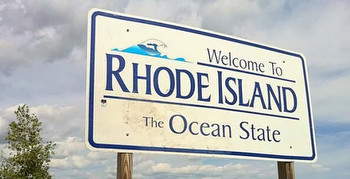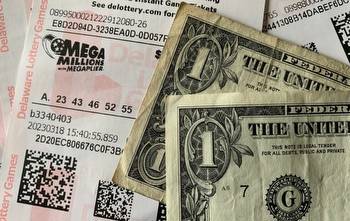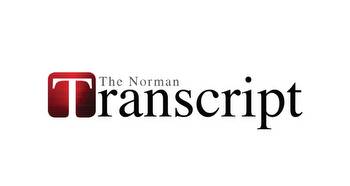Delaware Needs An Online Casino Rethink

Delaware was the first state to legalize and launch , and it is also the least productive of the six online casino states.
But with its original contract expiring, the Blue Hen State has a chance to change its fortunes as the Delaware Lottery has requested proposals for online gambling vendors.
What Could Be Next for Delaware Online Casinos?
Seven entities answered the call, but only a couple of companies are interested in replacing the state’s current vendor, 888.
Delaware received proposals from:
- 888
- Light & Wonder
- Rush Street Interactive
The other four proposals appear to be for operational and support solutions.
- Evolution – Online and live dealer game provider
- GeoComply – geolocation and fraud detection
- Kambi – Sports betting
- LexisNexis – Risk Solutions
One of the overarching questions is if Delaware will end its monopoly. As Gambling.com Founder and CEO Charles Gillespie noted in an op-ed on Delaware Online , “As someone who has seen these two approaches — sole source monopoly versus competitive free market — play out all over the world, I can say with absolute confidence that a competitive license model will yield better results across the board.”
As Gillespie notes, “If you’re the only game in town … you have a captive audience and minimal incentive to invest in the product upgrades and innovations.”
With the lottery looking to bring mobile sports under its umbrella, it may move away from its current model, which requires all three racinos to use the single state-selected platform.
How Bad is it in Delaware?
performance is historically poor.
During the three months between September-November 2022, Delaware’s online casinos generated $3.62 per resident or about $1.20 monthly. New Jersey’s online casino revenue was $48.10 (just over $16 per resident per month) over the same period.
And it’s not a cherry-picked comparison. Delaware’s online casino revenue is paltry compared to other iGaming states.
888 Plays the Hand it was Dealt
The blame is not really with the state’s current vendor, 888.
Delaware did a tremendous job shooting itself in the foot when it structured its online gambling industry by choosing the lottery-run model. That put 888 in a difficult, if not impossible, situation. And why would 888 devote resources to the state when it only receives a 12.5% vendor fee?
Delaware’s three racinos do not control the content they provide and can do little more than make aesthetic changes to their online websites. They have very little input or incentive to create a better product.
Another policy that has devastated the industry is the tax rate. Delaware online casino revenue is taxed heavily. The first $3.75 million of revenue from each operator is taxed at 100%, with the remainder taxed at effective rates of 57% for slots and 20% for table games, per the AGA. Considering all these factors, online operators in Delaware are taxed at over 70%.
Once again, there simply isn’t an incentive for Delaware’s operators to invest in online gambling. It doesn’t make sense for a Delaware racino to spend $500,000 developing a promotion that will bring in $1 million since the casino will still be in the red.
One of the most significant issues in the state is the need for mobile options. All Delaware online casinos and poker rooms are only available as downloadable desktop apps. That was a perfectly acceptable way to offer online gambling in 2008; customers in 2023 want mobile apps.




































